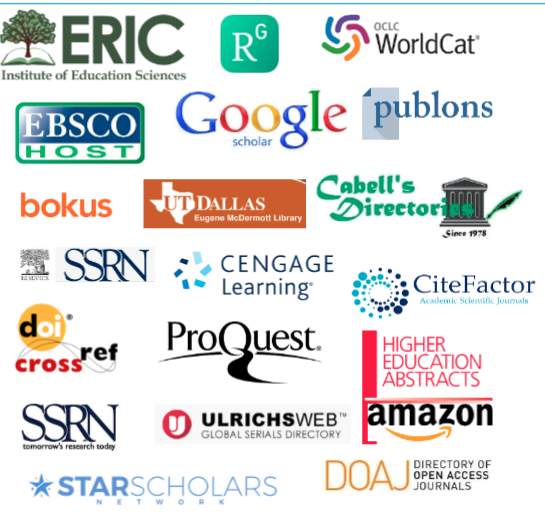Workshopping in Online Courses
Insights for Learning and Assessment in Higher Education
DOI:
https://doi.org/10.32674/jimphe.v4i1.1275Keywords:
Workshop activity, online learning, action research, peer-assessment, self-assessmentAbstract
Designed to explore effective pedagogical uses of the Workshop activity tool, which is native to Moodle learning management system, the study reported in this article was an action research. Using the standard steps of planning, intervening, assessing effectiveness, and information sharing, the study sought to identify the best ways to engage students in the process of learning and peer assessment by using Workshop as a learning and assessment tool. After identifying some challenges against students learning during the submission and peer review process, this article highlights some key strengths of the Workshop activity application, based on our study. Then it discusses the application’s key affordances for conducting peer and self-assessment, for enhanced engagement in learning, and for the development of higher-order skills such as analysis and evaluation. We conclude by noting that effective use of the tool demands teachers' careful attention to issues such as time provided, peer allocation, and students’ skills for effective tool use.






